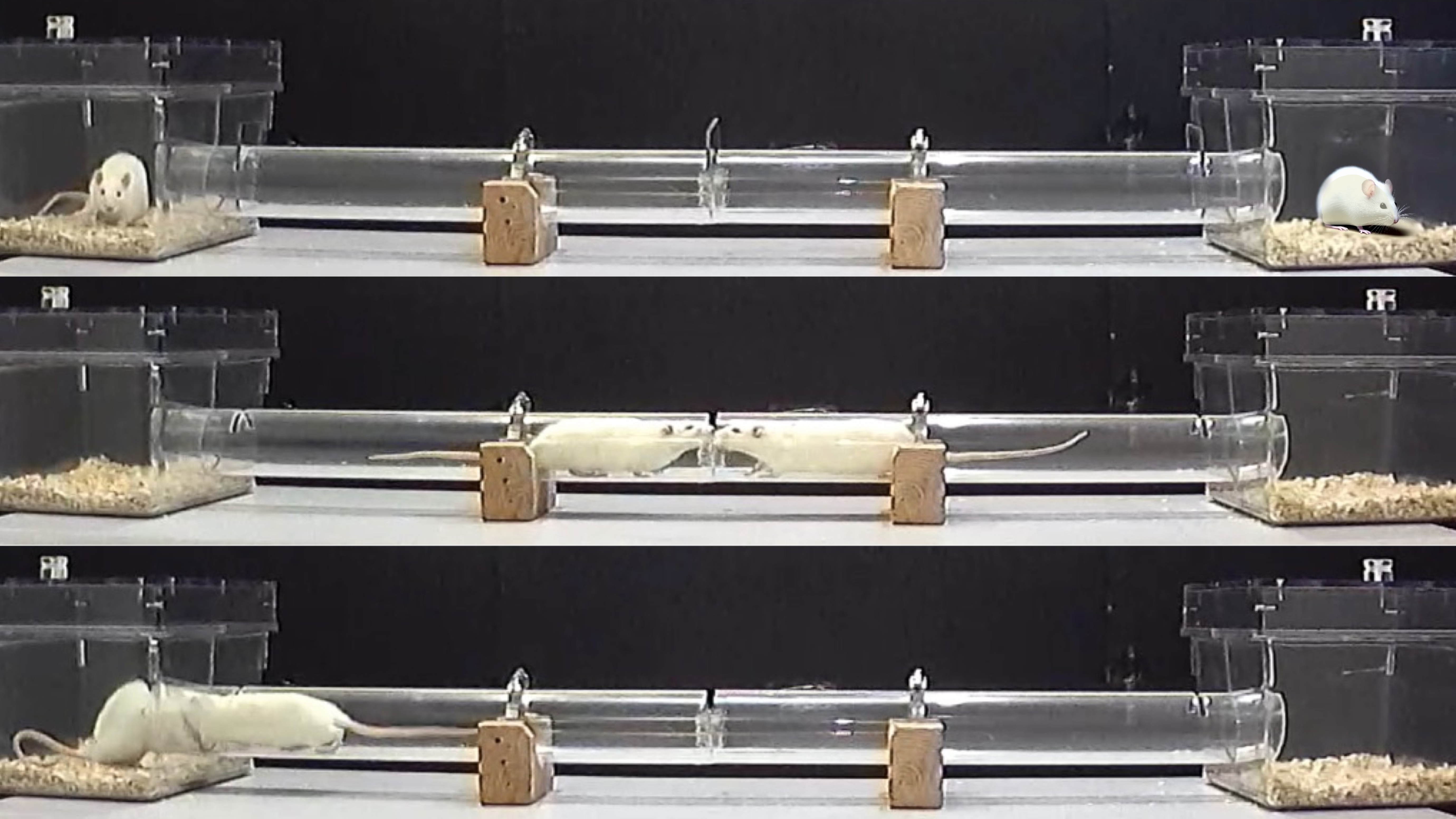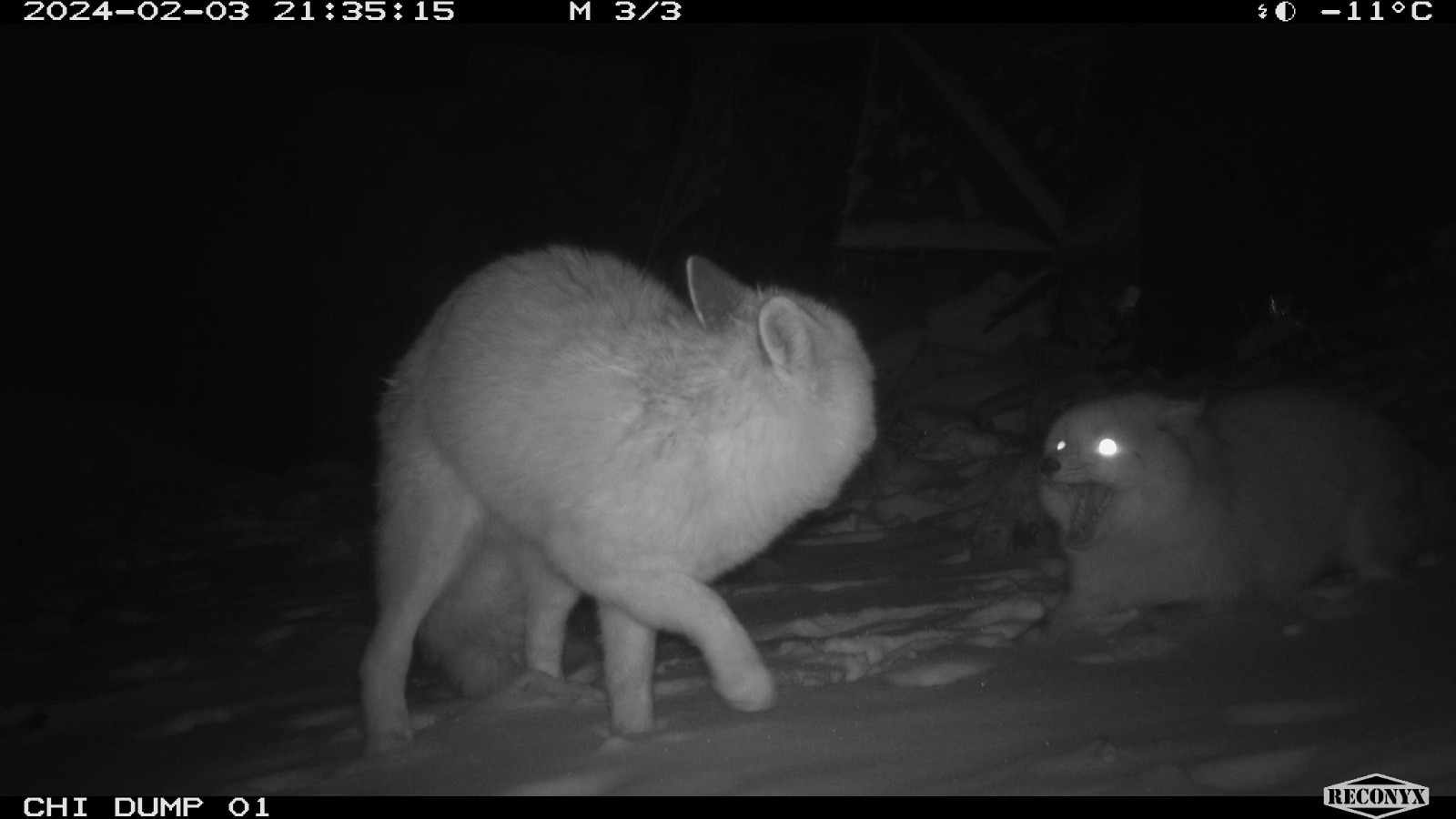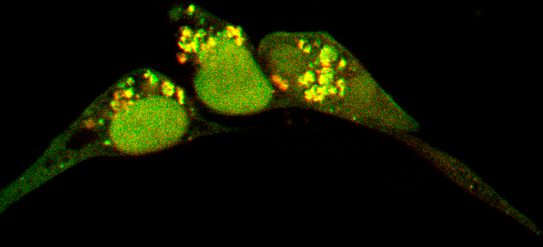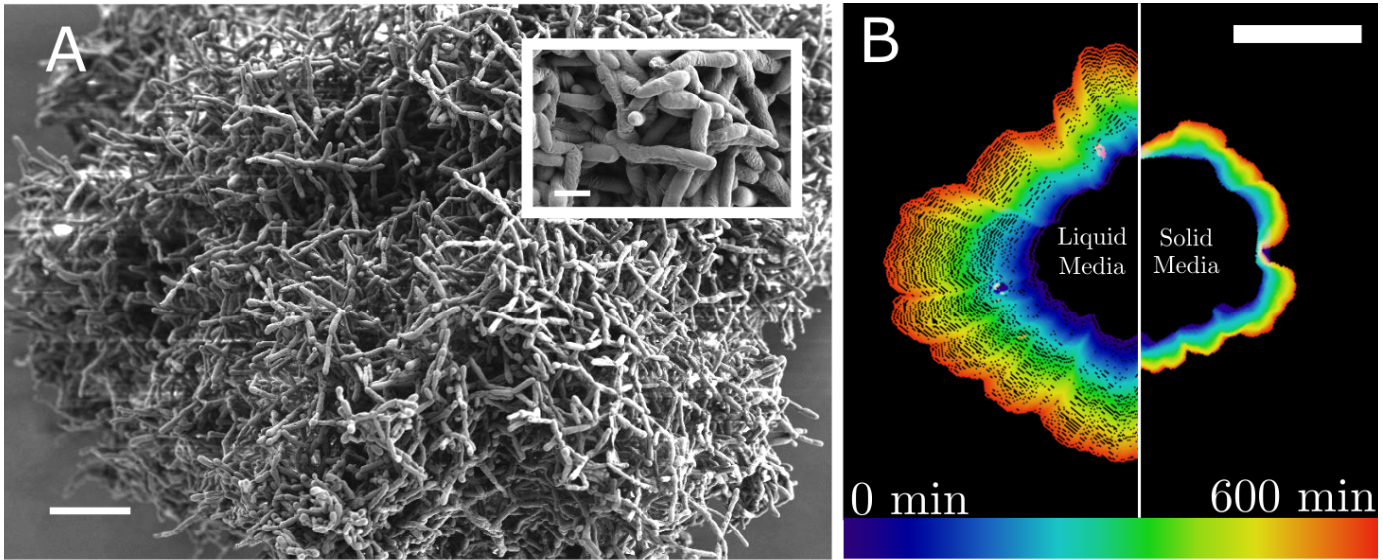-
Ecological Factors Determine The Evolution of Antipredator Strategies of Animals
A walk through a forest can be a bewildering experience. The whole forest appears to be running wild with insects of varied colours, hues and behaviours. Many of these traits appear to be deployed in defense against visually-hunting predators such as birds and lizards. Evolutionary biologists have long puzzled over the factors that determine when animals evolve to deter predators either through striking visual displays or by hiding in plain sight (i.e., camouflage).
-
How does a species fight extinction?
In the 1990s, when Kauai crickets in Hawaii sang love songs with their wings to attract mates, a new island visit
-
How do cells build organs without a blueprint?
For cells to form functional organs, they must not only multiply but also migrate to the correct loc
-
A new database to predict protein function without complete 3D structural information.
Proteins drive nearly every process within a cell.
-
Social status shapes how we handle stress
In the animal kingdom, social hierarchies are everywhere - from hornets to hyenas to humans.
-
Tracing the origins of a key enzyme in multicellularity
Effective communication between cells is fundamental to the success of multicell
-
How Red foxes survive among free-ranging dogs in the Indian Trans-Himalaya
Across the globe, the spread of human settlements has brought with it the rise of our most familia
-
Cellular changes linked to Parkinson’s disease observed in cells across the body
Parkinson’s Disease (PD) is no longer seen solely as a brain disorder affecting movement.
-
Primitive multicellular clusters used metabolically driven flows for exponential growth
At least 20 times in the history of evolution, and possibly several times more, single-celled organisms have transitioned i
-
Newly discovered histone variant provides resilience to rice plants against salt stress
In most organisms, excluding archaea and a few eubacteria, histones–















